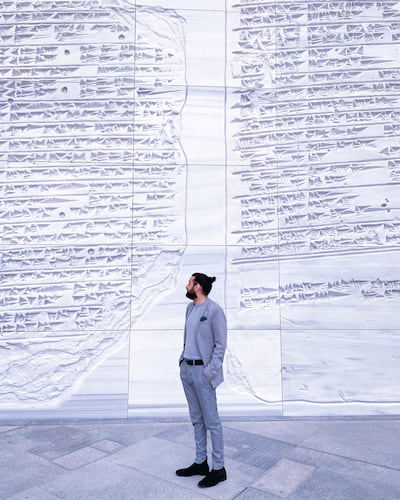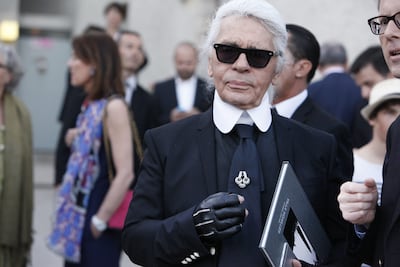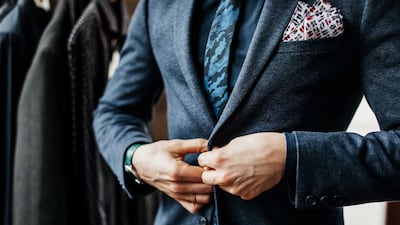It’s always interesting when someone comments on what you’re wearing.
Whether complimentary, critical or simply curious, observing and remarking on people’s sartorial choices are a natural way to understand one another.
I’m often in a suit jacket, or in the less formal variation of the outer garment, a blazer.
In both cases, I wear them with a collared shirt or T-shirt with matching trousers, jeans, chinos or other formal trousers of varying colours depending on where I’m going.
Single or double-breasted, flap or patch pockets, cotton, linen, wool and a few, unfortunately, are polyester. I have some in classic colours, others in contemporary tones and patterns. I also have, of course, a variety of pocket squares to complement and match. These choices afford me the versatility to make an outfit as formal or informal as I’d like.
While complimented for my style choices, I’ve also been questioned a fair few times, about my decision to opt for a more “dressed up” aesthetic.

Who wears a blazer to a picnic? I do. A suit to the cinema? Of course. To an informal gathering at a friend’s home? Absolutely. Are you physically comfortable always wearing a suit? Always. Don’t you get hot? Not really. Don’t you feel overdressed? I’m not bothered.
Not one to take such comments to heart, I joke that I’d wear a suit to the beach if I could. Believe me, I’ve looked into it.
It’s important to be mindful of how we put ourselves together and that includes listening to others impressions of us.
I’m sure many of us look back with a medley of shock and cringe when we see photos of ourselves in the early 2000s.
Why didn’t anyone say that popped collars, sweat bands on our heads, cargo pants, graffiti and tattoo-inspired urban wear (remember Ed Hardy?) and oversized, distressed, boot-cut jeans wouldn’t age well?
Thankfully, I wasn’t a victim of the trends of the early 2000s. I’ve always been in a suit. And any photographic evidence proving others wise has been destroyed or have been created by AI.

How we choose to put ourselves together is a form of personal expression but it’s also a sign of the times.
Current trends reveal a push toward leisure and comfort wear over more fitted and clean fits. Athleisure is a thing now because, apparently, sweatpants are stylish.
No matter who designed them or what they look like, I can’t think of anything more atrocious than walking around in sweat pants — bar going to the gym or lounging at home.
I feel some comfort that I share the sentiment with the late Karl Lagerfeld who famously labelled sweatpants as "a sign of defeat".
I will also say that some people, sometimes, can pull that look off — albeit at the risk of their future selves looking back at photos in horror, wondering why they attended a party wearing what can only be described as an expensive set of pyjamas.
We’ve all heard the phrase “clothes make the man” coined in contemporary times by the novelist Tom Wolfe. Variations of this quote have been attributed to other writers, from the ancient Greek proverb “vestis virum facit,” to the phrase “there is no power without clothes” from the Irish satirist Jonathan Swift.
My favourite version of this quote is from William Shakespeare’s Hamlet, when the comical Polonius advises his son that: “The apparel oft proclaims the man.” While Polonius's judgment is wrong on almost every other occasion in the play, he’s right about that.
The reason a quote of this nature has retained its relevance over time is that it holds a universal truth.
The assumption would be that we dress to impress others or to tell the world who we are, which I’m sure is true for some. At a more cerebral level however, this quote actually means, and it’s a personal belief I adhere to, that how we dress is a reflection of who we are or who we would like to be.
And no person or trend should be dictating that very personal journey.


